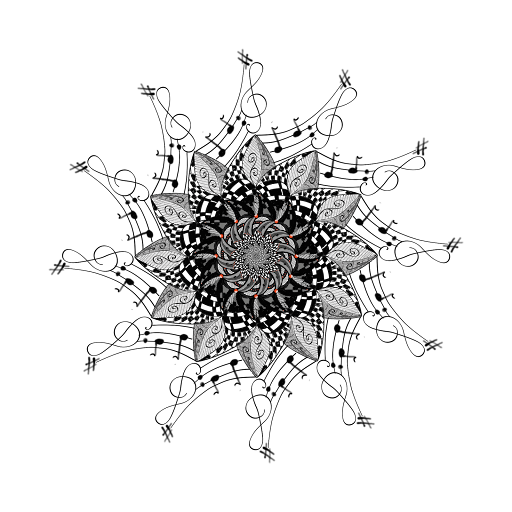Music has been around for centuries and has long been recognized as a source of comfort and support during difficult times. With the advent of digital music, this healing power has become more accessible and widespread than ever before.
One of the primary ways in which digital music can help to heal is by providing a sense of connection and community. Through online platforms such as Spotify, SoundCloud, and YouTube, people from all over the world can come together to share their love of music and offer support to one another.
There are also digital music connection workshops available to book through Yoursoundlady both in person and also online. They are a safe space for people to come together and through drawing, conversing and sometimes dancing we share the experience of each other’s music and reflect back on how it makes us feel. Through this practice and experience we get to feel acknowledged and understood, we can then choose whether to continue feeling this way or move through into a new emotion.
Listening to music can and does help us to regulate mood and emotions. Music has the power to lift our spirits, calm us down, or evoke specific emotions that help us deal with a particular situation. For instance, listening to slow, soothing music can help us relax after a stressful day, while upbeat music can energise us, make us feel more positive and literally move us into action. The digital music workshops help us to see music as a tool in this regard and create playlists accordingly.
Music has also been found to relieve stress. Research has shown that listening to music can reduce cortisol, the hormone associated with stress, and increase levels of endorphins, which are associated with feelings of pleasure and happiness. By reducing stress, music can help to improve our mental and physical health especially when combined with meditation.
Check out https://insighttimer.com/yoursoundlady for FREE stress reducing, uplifting meditations and music.
Listening to music has also been found to help reduce pain levels in individuals. Research has shown that music can activate the same areas of the brain that are involved in processing pain, which can help to reduce the perception of pain.
Digital music can also help to improve the quality of our sleep. Studies have found that listening to calming music before bed can help to relax our minds and bodies, leading to a more restful sleep. Better sleep quality can lead to a range of physical and mental health benefits.
Music can also help to improve cognitive function, including memory and attention. Research has shown that listening to music can improve memory performance in individuals with dementia, and can also improve attention and concentration in individuals with ADHD.
Overall, digital music has the power to heal by regulating mood, reducing stress, relieving pain, improving sleep quality, enhancing cognitive function and in it’s ability to bring people together and provide therapeutic support. By leveraging the healing properties of digital music, individuals can improve their mental and physical health, leading to a better quality of life.



